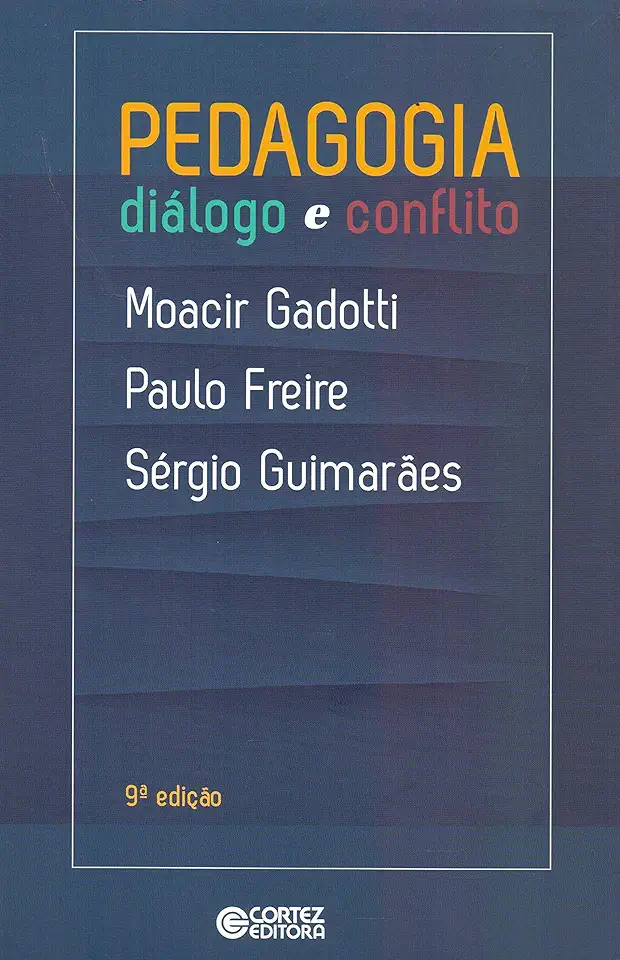
Pedagogy: Dialogue and Conflict - Moacir Gadotti / Paulo Freire / Sérgio Guimarães
Pedagogy: Dialogue and Conflict
A Revolutionary Approach to Education
In their groundbreaking book, "Pedagogy: Dialogue and Conflict," Moacir Gadotti, Paulo Freire, and Sérgio Guimarães present a radical new vision for education. They argue that traditional methods of teaching, based on rote memorization and authoritarianism, are not only ineffective but also harmful. Instead, they propose a pedagogy of dialogue and conflict, which emphasizes critical thinking, creativity, and social justice.
Key Concepts
The book is based on several key concepts, including:
- Dialogue: Dialogue is the foundation of the pedagogy of dialogue and conflict. It is a process of communication in which people share their ideas and experiences, and through which they come to a deeper understanding of the world.
- Conflict: Conflict is an essential part of dialogue. It is the process of working through differences of opinion and coming to a shared understanding.
- Critical thinking: Critical thinking is the ability to analyze and evaluate information, and to come to independent conclusions.
- Creativity: Creativity is the ability to generate new ideas and solutions.
- Social justice: Social justice is the goal of the pedagogy of dialogue and conflict. It is the creation of a more just and equitable society.
Benefits of the Pedagogy of Dialogue and Conflict
The pedagogy of dialogue and conflict has a number of benefits for students, including:
- Increased critical thinking skills: Students who are taught using the pedagogy of dialogue and conflict are better able to analyze and evaluate information, and to come to independent conclusions.
- Enhanced creativity: Students who are taught using the pedagogy of dialogue and conflict are more likely to generate new ideas and solutions.
- Greater social awareness: Students who are taught using the pedagogy of dialogue and conflict are more aware of the social and political issues facing the world, and are more likely to take action to address them.
- Stronger sense of community: Students who are taught using the pedagogy of dialogue and conflict develop a stronger sense of community, and are more likely to work together to achieve common goals.
Conclusion
"Pedagogy: Dialogue and Conflict" is a must-read for anyone interested in education. It offers a powerful critique of traditional methods of teaching, and presents a compelling vision for a more just and equitable education system.
Call to Action
If you are interested in learning more about the pedagogy of dialogue and conflict, I encourage you to read "Pedagogy: Dialogue and Conflict" by Moacir Gadotti, Paulo Freire, and Sérgio Guimarães. You can find it at your local library or bookstore, or online.